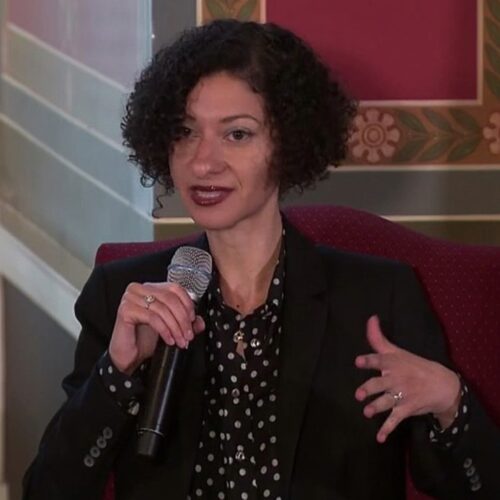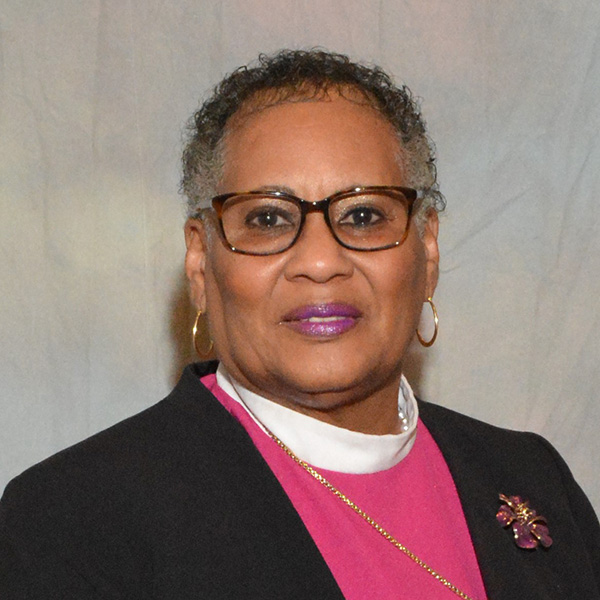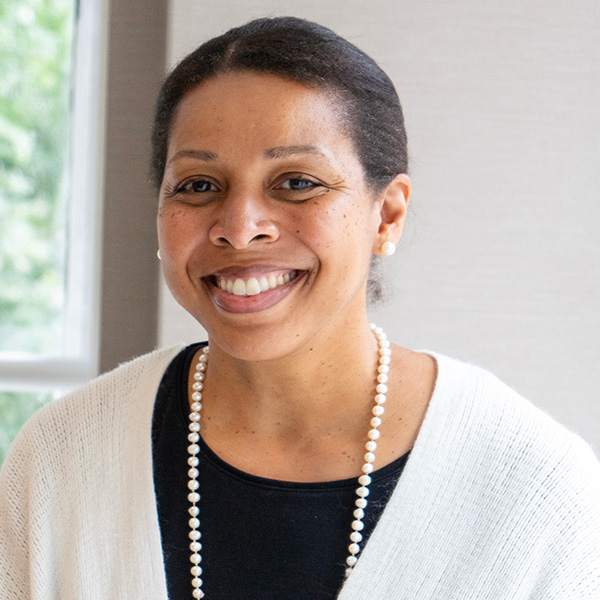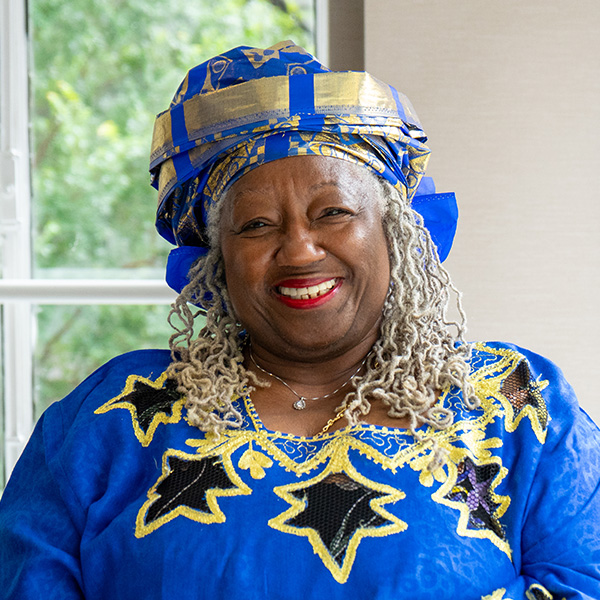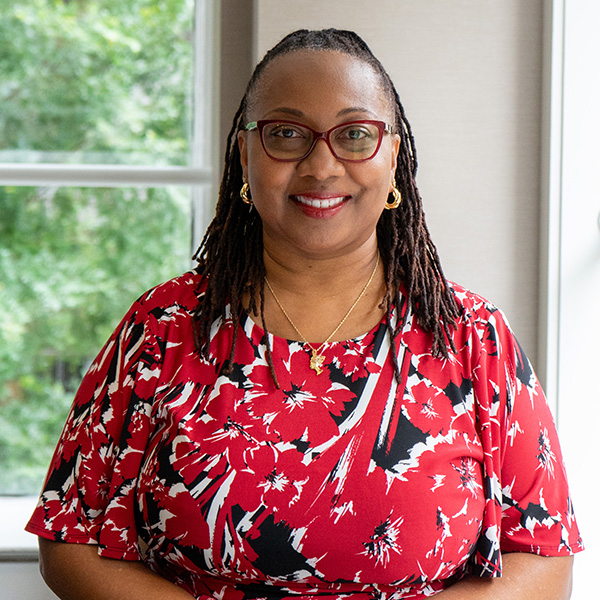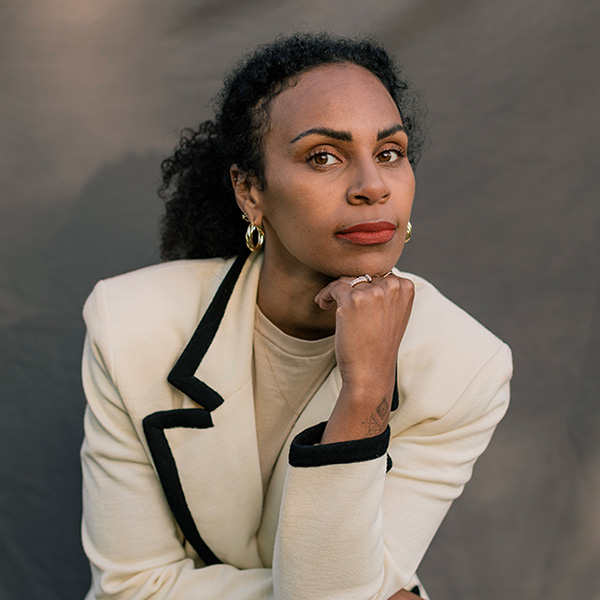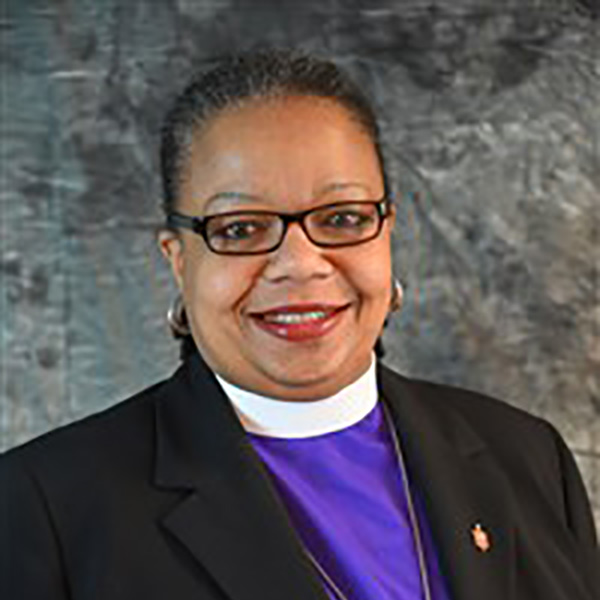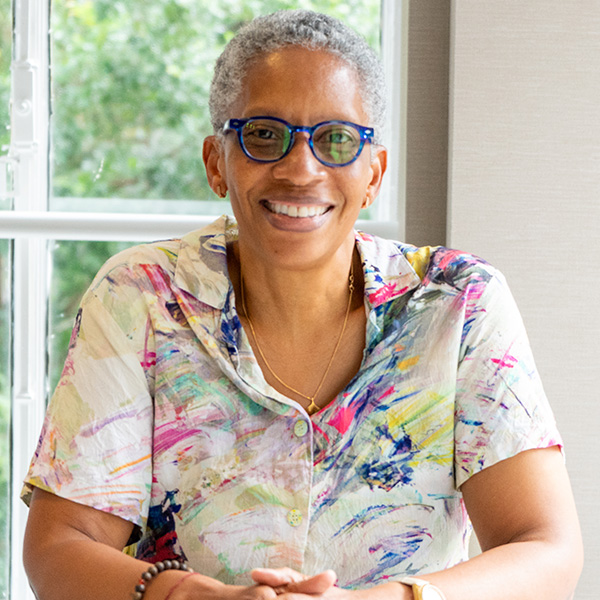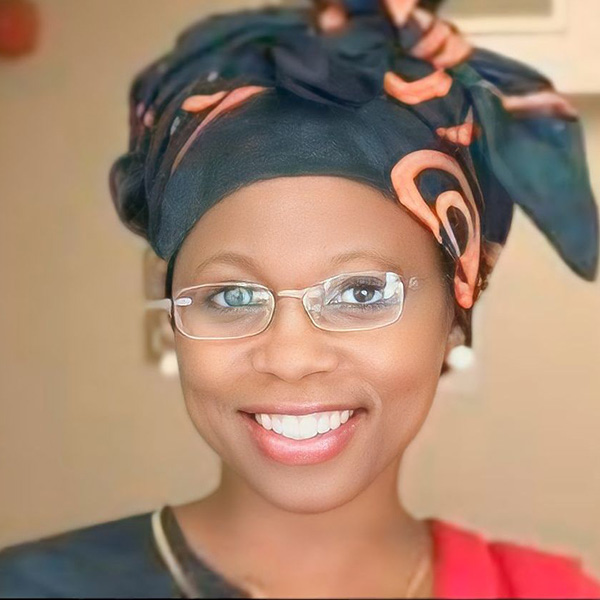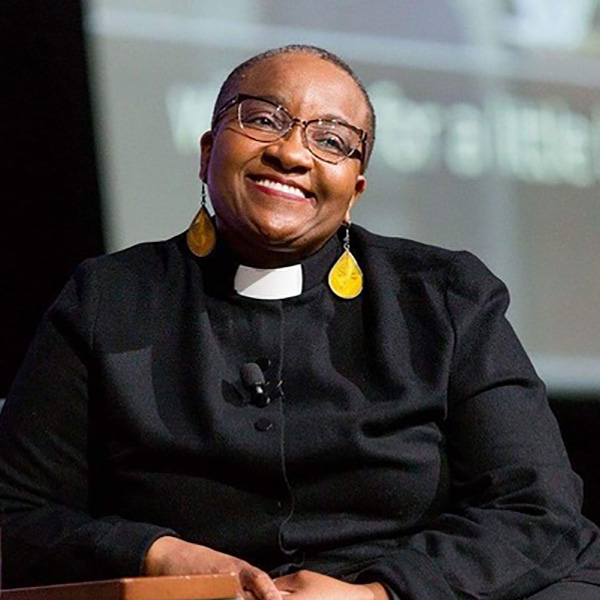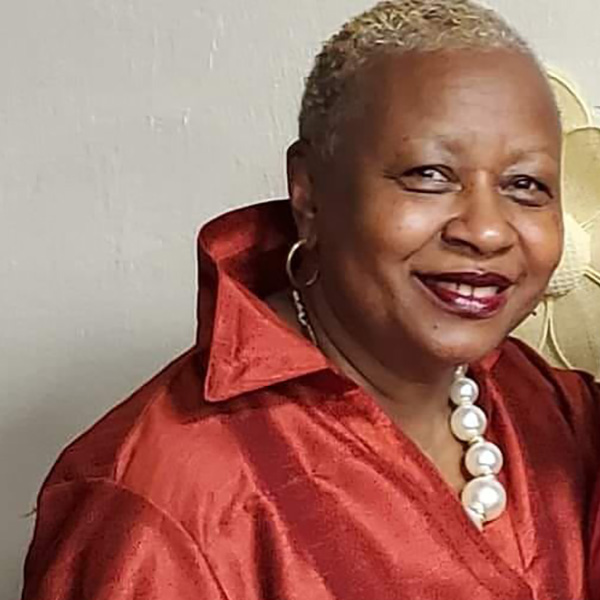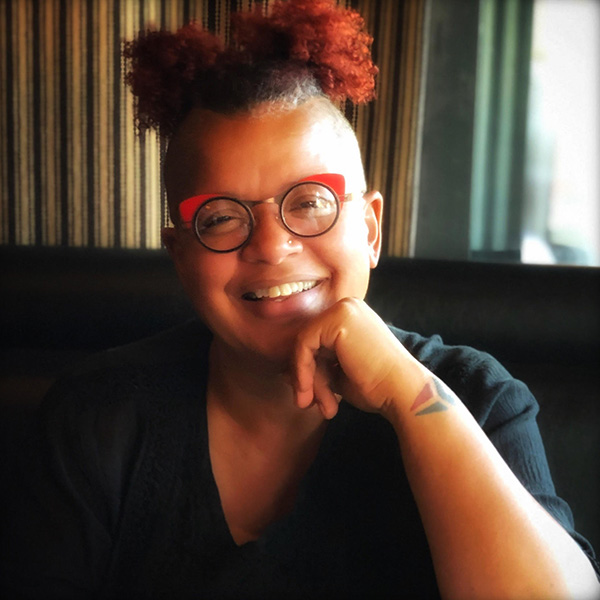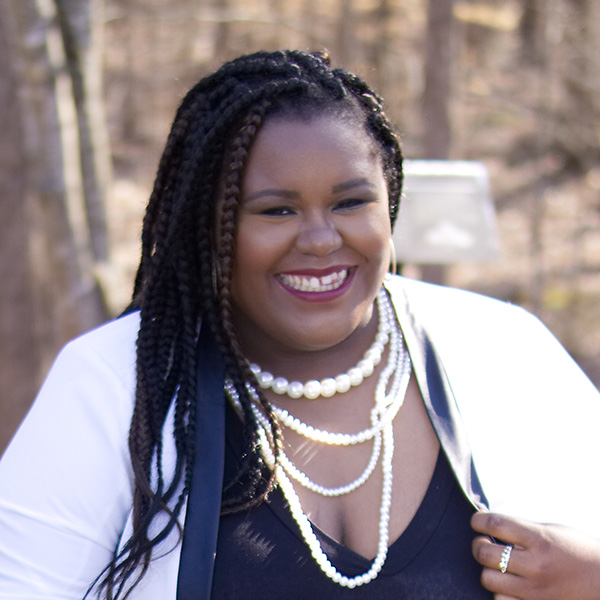Biography
Early Life
Dr. Chanda Prescod-Weinstein was born in the El Sereno neighborhood of Los Angeles. Her parents are both activists. She was raised by a single mother, Margaret Prescod who is Afro-Caribbean and immigrated from Barbados as a teenager. Her mother was a founder of International Black Women for Wages for Housework in 1974. She is also the public affairs radio host and producer of Sojourners in Los Angeles. Sam Weinstein, her father, is a labor organizer. He is an Ashkenazi Jewish immigrant. Her grandmother is feminist Selma James.
Dr. Prescod-Weinstein is a citizen of Barbados and the U.S. She decided at age 10 to become a theoretical physicist after her mother took her to see A Brief History of Time: the Errol Morris Documentary. She is married to a Taiwanese-American Jewish lawyer. She identifies as queer and as an agender cissex woman.
Education
She attended high school at the Los Angeles Center for Enriched Studies. In 2003 she earned a Bachelors in Physics, and Astrophysics and Astronomy from Harvard College. She earned a Masters in Astronomy and Astrophysics from the University of California (Santa Cruz) in 2005. She earned her Ph.D. in Physics and Astronomy from the University of Waterloo in Canada in June 2011. She completed a Martin Luther King Postdoctoral Fellowship in Physics at MIT and a Postdoctoral Fellowship at NASA’s Goddard Space Flight Center.
Research and Teaching
Dr. Prescod-Weinstein is Assistant Professor of Physics and Astronomy at the University of New Hampshire. She is also Core Faculty in Women’s and Gender Studies there. She is a Research Affiliate at MIT in Science and Technology Studies.
Activism & Religious Activism
Dr. Prescod-Weinstein approaches science, technology, and society studies as a Black feminist. She advocates for Black women and LGBTQ people in STEM. She stated that women and people of color are under-represented in STEM because of a lack of mentoring and support. She is one of the founders of the American Astronomical Society Committee for Sexual-Orientation and Gender Minorities in Astronomy (SGMA). She co-founded the Particles for Justice Movement. When George Floyd was murdered, she and Particles for Justice organized a global “Strike for Black Lives” with 4500 pledging to participate on June 10, 2020.
Dr. Prescod-Weinstein is on the Academic Advisory Council of the Jewish Voice for Peace. She is the Chairperson of Jews of Color and Allies Advisory Group of Reconstructing Judaism and serves on their board of governors. Dr. Prescod-Weinstein is ethnically Ashkenazi Jewish. She notes that Jewishness is a religion and a series of cultural and ethnic identities. She is active in her synagogue and listens to morning prayers. She describes herself as an agnostic atheist. She practices Reconstructionist Judaism. She writes that for her, “G-d is not necessarily a supernatural presence, but rather a concept that holds space for how we spiritually connect with our sense of what the universe is about, what life is about. For me, Jewish texts are an important ethical guide, something to think with.”
In her 2015 article, “In Which A Religious Text Speaks to Scientific Culture,” Dr. Prescod-Weinstein discusses a religious story from the Jewish Talmud. She describes how, in the Babylonian Talmud Tractate Soah, a Jewish man named Nachshon entered the sea to try to travel to freedom even though he couldn’t swim. The other Jews were afraid to enter the sea. Moses was praying instead of leading and God chides Moses, telling him to lift up his staff and go forth. For Dr. Prescod-Weinstein the story is about choosing to lead even when the way to freedom is scary. She says this story can inspire physics and astronomy communities to stand for what is right. She values her Rabbi’s writing and speaking as well as Canadian Mennonite principles which inspire her to consider how she wants to express her Jewish identity in the world.
The ethics of working for a university physics department that is funded by the military is discussed by Dr. Prescod-Weinstein in her 2020 Physics World article, “Taking Responsibility: The Ethics of Being Black in Physics.” She writes of the ethical conflict she felt in accepting military funding for physics conferences during the Iraq War and the ethical conflict of watching military recruiters at physics conferences recruiting Black students for internships. She advocates for physicists to discuss what it means to have power in a white, patriarchal, supremacist, colonialist world.
